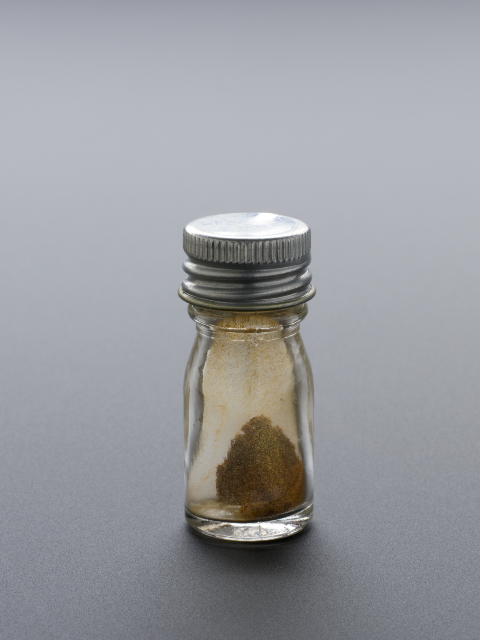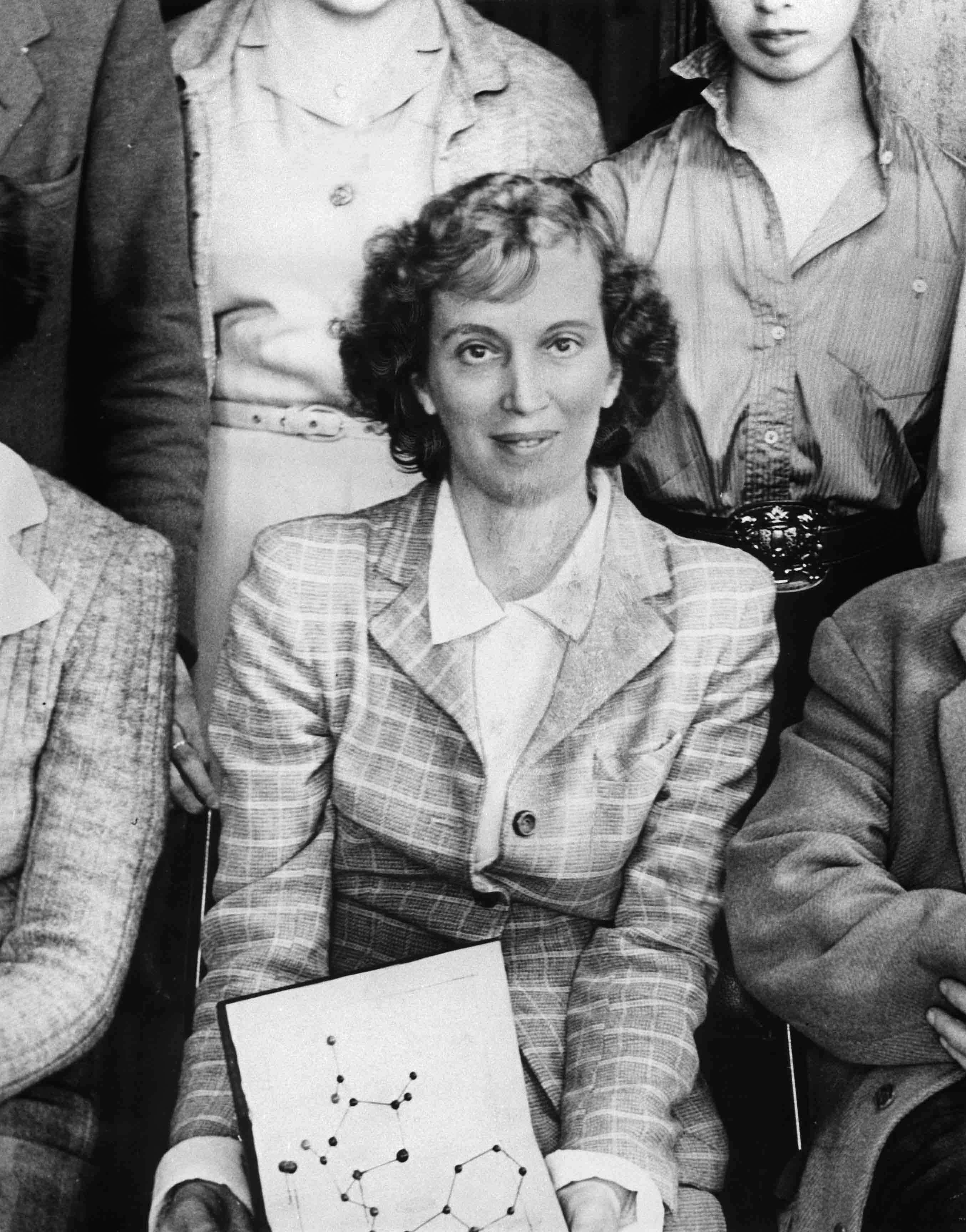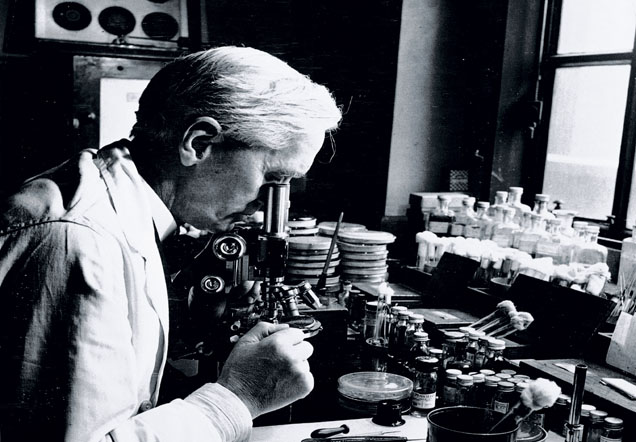Antimicrobial resistance is an issue that we are all facing now. If we do not crack this problem, we risk returning to the pre-antibiotic era, when infectious diseases were responsible for around 40% of all deaths.
On 16 March, the Longitude Prize brought together a range of speakers to discuss what makes a Longitude Prize winner in an event at the Science Museum.

Laura Body from our Learning Support Team writes about one of her favourite Science Museum objects: a bottle of Penicillin

Curator Rachel Boon celebrates the work of Dorothy Hodgkin.
Georgie Ariaratnam, Assistant Content Developer, blogs about the rise of antibiotics, the subject of a display in the Museum’s Who Am I? gallery Antibiotic resistance is one of the biggest challenges of our time. It affects all of us, so perhaps unsurprisingly, it was declared the winner of the Longitude Prize 2014. At the Science Museum, we decided to examine this topic in more depth with a new exhibit, Your future without antibiotics?, which explores the rise of antibiotic resistance and […]
Roger Highfield discusses the Longitude Lounge at the Science Museum
Selina Hurley, Assistant Curator of Medicine, takes a look at the story behind a new addition to our collections.
Lord Rees, Astronomer Royal and Chair of the Longitude Prize 2014 Committee, blogs on the launch of the Longitude Prize 2014.
By Roger Highfield, Director of External Affairs Google today celebrates the life of the Nobel-prize-winning chemist Dorothy Crowfoot Hodgkin (1910-1994) with a Doodle on its homepage. Here you can see the inspiration for the Doodle on what would have been her 104th birthday, her historic image of the three dimensional atomic structure of penicillin, which she deduced with a method called X ray crystallography. Because it was not possible to focus X rays scattered by the penicillin, Hodgkin used large […]

It’s hard to imagine life without penicillin. This drug, which many of us take for granted, has saved millions of lives since its discovery by Alexander Fleming less than a century ago.